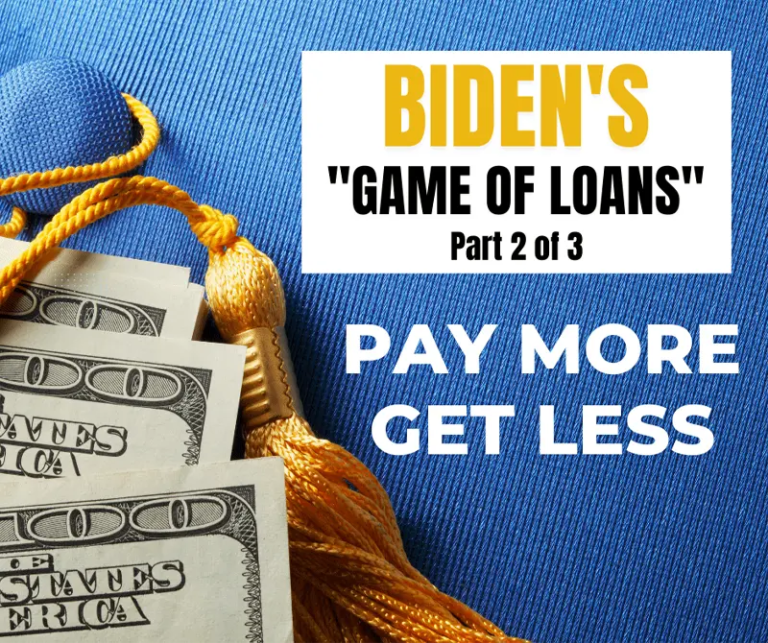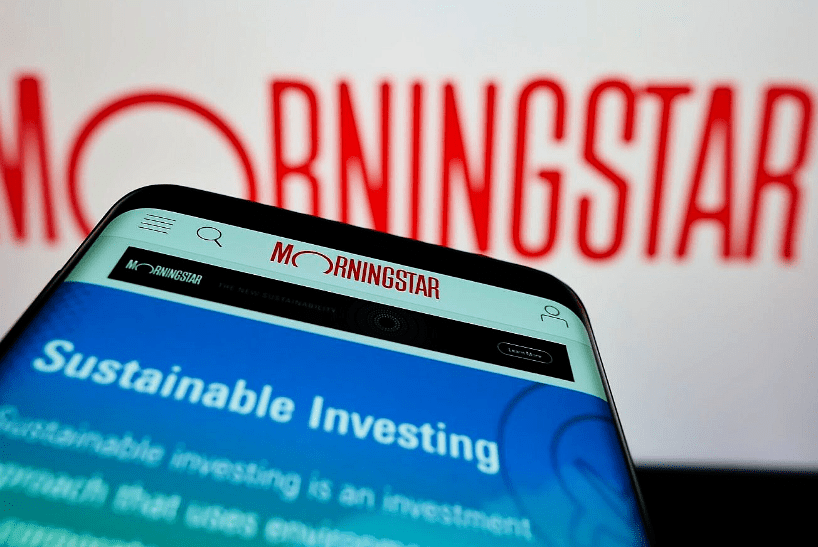Biden Student Loan Forgiveness: Pay More-Get Less
/in Uncategorized /by Chris Linscomb
Considering the importance of the Biden student loan forgiveness, a multi-part article is warranted.
Part two of a three-part series on Joe Biden’s announcement that he intends to cancel up to $519 billion in student loan debt. In part one, I focused on the economics of the idea.
In this piece, I will focus on subsidizing higher education and whether or not that is a good decision for the country and the student.
Unlike so many others, a fundamental principle of economics that is uncontested is that when you tax something, you will receive less of it. When you subsidize something, you will receive more of it. As a result of the “game of loans” played over the past few decades, more students are attending university than ever before.
Does College Guarantee More Pay?
Here at Rubin Wealth Advisors, we found some interesting statistics. As of the spring of 2022, approximately 16 million students are enrolled in college. Just over 60% of American high school students enroll in college immediately after their graduation. The graduation rate (students who obtain a four-year degree within six years of enrolling) is just over 60%.
Not enough time is spent considering that 60% number. There is virtually no activity that people regularly undertake where a forty-percent failure rate is deemed acceptable. Why do Americans accept this kind of failure rate on something that A) involves their beloved children and B) costs significant amounts of money? Parents have been taught to mistreat their children unless they enroll them in the most prestigious (read, most expensive) colleges available.
According to predictors of success, college graduates are more likely than their non-college-educated counterparts to be employed and earn more money. Data from 2019 shows that college graduates had an 87% employment rate compared to a 70% rate for non-college-educated competitors.
The average earnings for a college graduate between the ages of 22-27 are $44 thousand per year as opposed to only $30 thousand per year for a high school graduate in the same age range. Those numbers alone should justify the need and the benefit of attending university, correct?
This is where we get into trouble citing statistics. We must ask the following questions if we accept the above numbers as accurate (it is difficult to collect such data, but most sources provide similar numbers).

Does College Guarantee More Pay?
Are college graduates doing better employment-wise and financially because of what they learned, or are they doing better because of what people perceive they have learned?
Here is something that might surprise you.
A 2019 study found that only 46 percent of college graduates are working in their field. Specialized fields of study, like health care, have a substantially higher rate of employment, boosting the rate. Overall, less than 40% of college graduates work in their fields.
But they have higher employment rates.
Are these college kids smarter than their high school counterparts? Anecdotal experience suggests not. Today’s recent college graduates don’t seem to emerge from the ivory tower with particularly sound, communication, or critical thinking abilities, based on my experience as a business owner and conversations with others. We don’t always get what we pay for when we hire recent college graduates; they certainly don’t get what they pay for!
Speaking of entrepreneurs, because I needed a segue, those who start privately-owned companies have long been the leaders of job creation and innovation in the American economy. They are genuinely some of America’s best and brightest. It might surprise you that research suggests that 80% of entrepreneurs are “self-made,” meaning they didn’t inherit their business. In addition, only 44% of them attended college.
That means that most entrepreneurs are people without a higher education who figured out how to make it independently.
Top 10 Areas of Study
When you look at the ten general areas of study producing today’s college graduates, here is what you find:
- Business
- Health professions
- Social sciences and history
- Engineering
- Biological and biomedical sciences
- Psychology
- Communication and Journalism
- Visual and performing arts
- Computer and information sciences
- Education
The “degree in basket weaving” is often mocked by college critics. If you want to succeed in the workforce, you need to invest anywhere from $21,000 (public universities) to $55,000 (private universities). There is a strong argument that accounting is the only formal education required in the most popular degree area, business. Entering the field without fluency is like ordering French food off an English menu.
More parents will accept the notion that lavish university spending is responsible parenting thanks to Joe Biden’s debt forgiveness program. Neither is the case. In almost every field, I would argue that acquiring solid skills and a strong work ethic is a far more cost-effective way to excel. As parents and employers, we need to start recognizing, encouraging, and supporting those decisions for our youth. Maybe then we can end this game of loans.
Choosing a field of study and what training or education will be required will require some funding.
Even lower cost, high-impact vocational training isn’t free! It would help if you had a financial advisor who understands the big picture to help you prepare. Before making an important and expensive decision, they will ask you tough questions. In the following piece, Rubin Wealth Advisors will examine the moral hazard of Joe Biden’s loan forgiveness program.

Are you concerned about inflation, ESG compliances, and the 2022 crypto crash?
Your investment portfolio can be affected by any or all of these factors.
Schedule an appointment with Bob Rubin, your dedicated, conservative financial advisor, for a free portfolio analysis today.
Get started by clicking the button below.
Related Articles
No BS… Just straight forward advice
Contact Bob, the Nation’s Predominant
Politically Conservative Financial Advisor Today!






